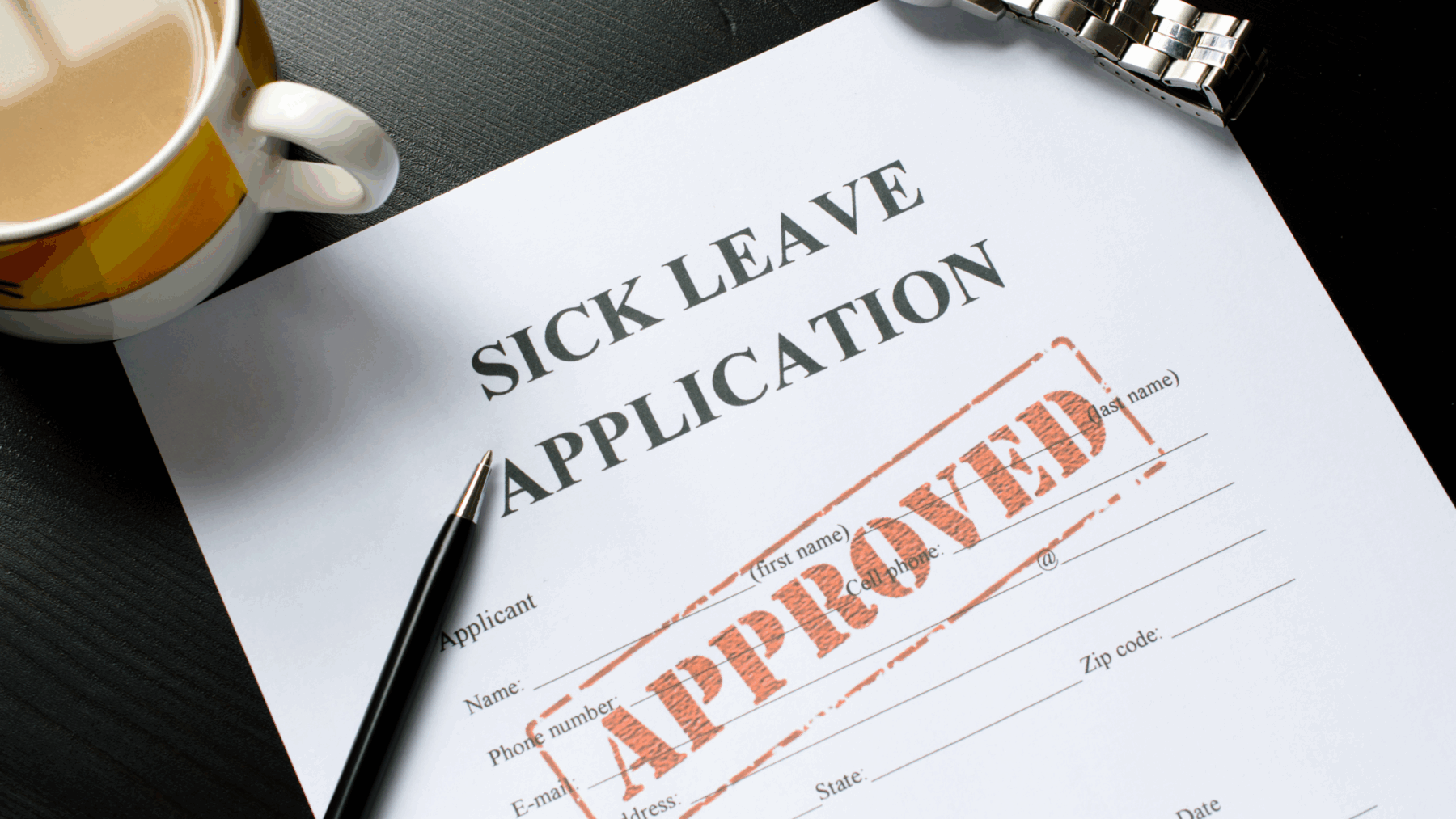By Fiona Anderson.
“James Comey better hope that there are no ‘tapes’ of our conversations before he starts leaking to the press!” United States president Donald Trump famously tweeted on May 12, 2017, days after firing Comey from his job as Director of the U.S. Federal Bureau of Investigation.
If that was meant to silence Comey, it had the exact opposite effect with Comey taking just four days to leak the fact that he had written memos-to-file regarding his meetings with Trump.
And now we know there are no tapes.
But what if there had been recordings? Is it illegal to secretly record conversations and whether it is or not, is there a duty to disclose those recordings?
These questions have been gaining in importance lately as more and more people seem to be recording conversations as it gets easier to do. You don’t need to be ‘wired’ like in old movies. You just need to turn on the record function on your phone.
Is it legal? Yes.
Canada’s Criminal Code makes it a crime, punishable by up to five years in prison, to intercept private communications. However, it isn’t an offence if the person recording the conversation has the consent of one of the parties to the conversation. That means people can record conversations they are part of. They can also record conversations they aren’t part of, provided someone in the room gives their consent.
So what happens if the recording occurs in an employment context?
If a legal dispute arises between the employer and employee and the recorded conversation is relevant to the dispute, the recording needs to be disclosed (subject to privilege and other exceptions to document disclosure). Under British Columbia’s civil procedure rules, all documents that could be used at trial to either prove or disprove a material fact have to be disclosed. And the definition of a document includes sound recordings.
That’s the case even if the recording actually hurts the claim of the recording party. And if the recorder deleted the recording, negative inferences could be made.
But recorders beware.
The British Columbia Court of Appeal in Fredrickson v. Newtech Dental Laboratory Inc. frowned upon an employer recording his conversation with an employee, saying it irreparably harmed the employee/employer relationship.
So it may be legal, but you may want to think twice before switching your phone to record.
To hear Erin Brandt and Richard Johnson’s take on this issue in the context of the 2019 Jody Wilson-Raybould scandal, watch their vlog below.
https://youtu.be/UFH_pYUaEkQ

